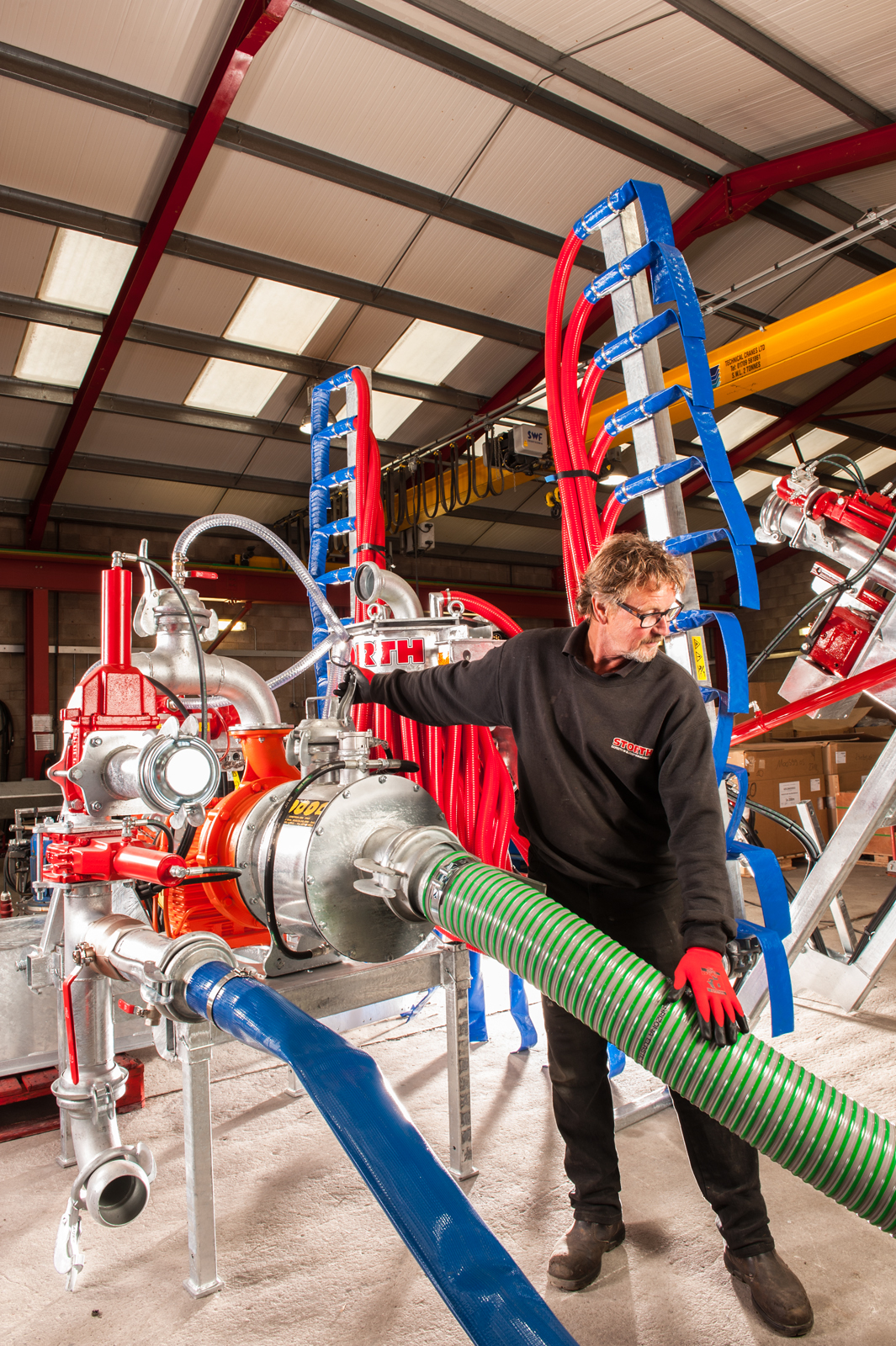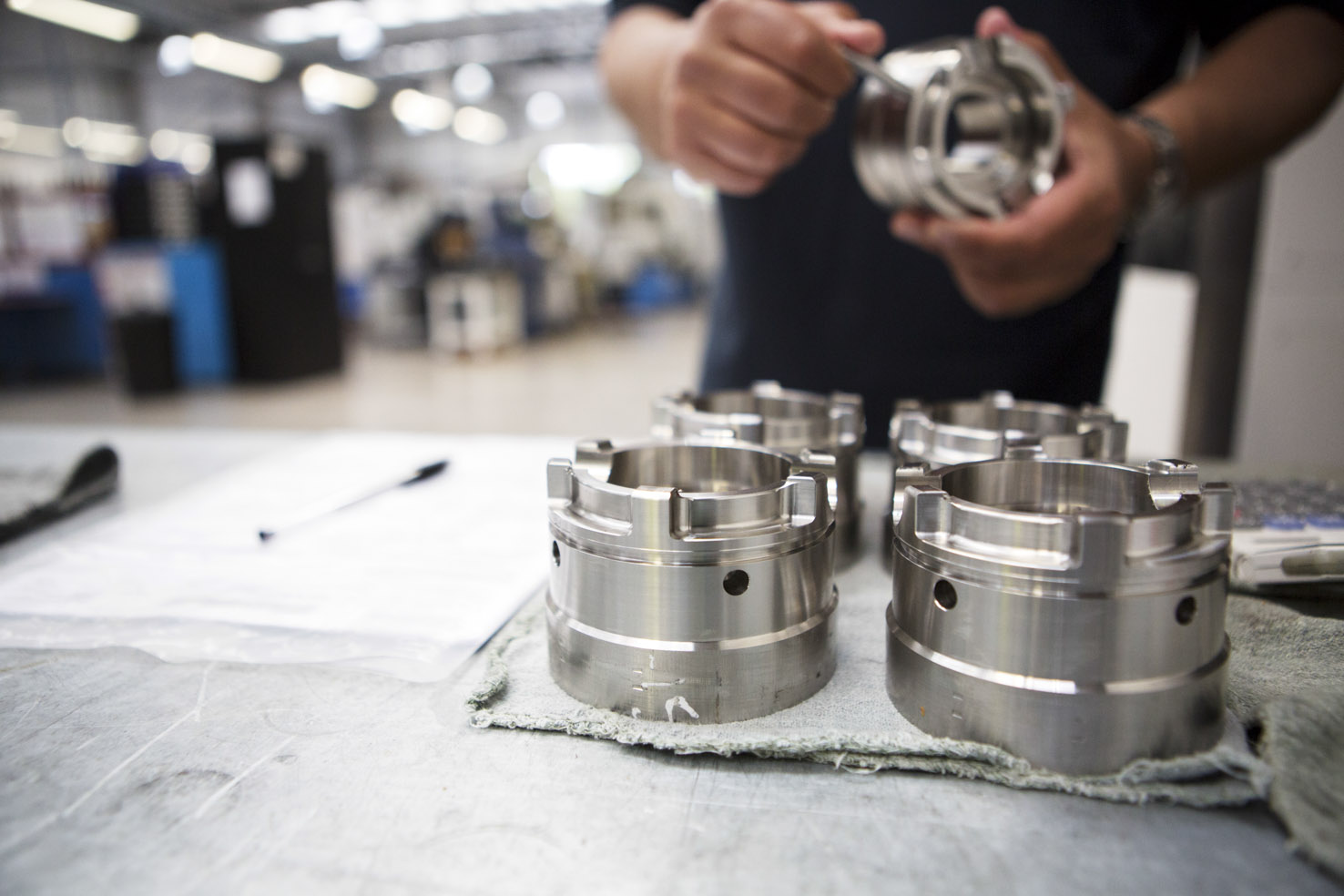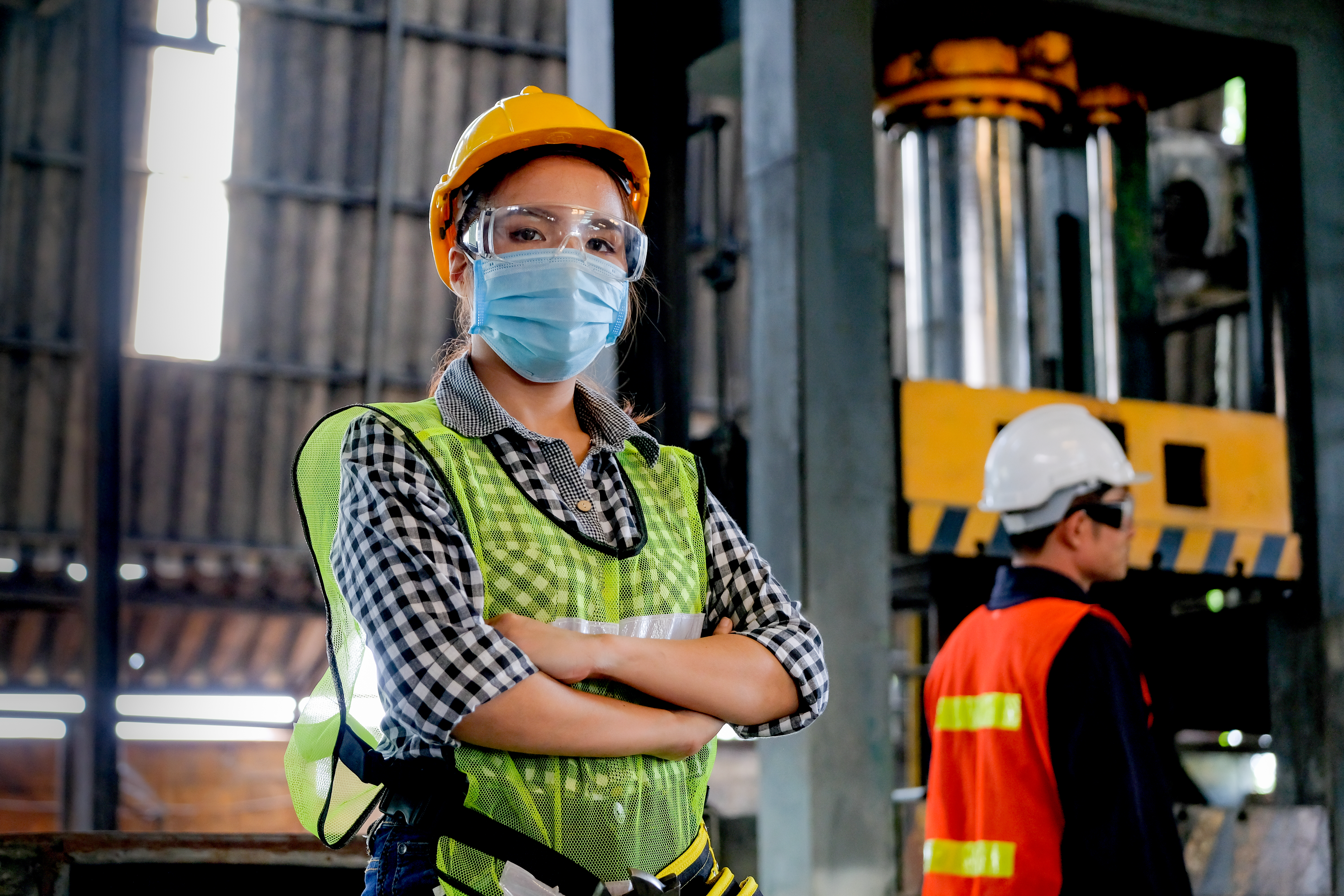An agricultural machine manufacturer, supported by Made Smarter, has used robotics to navigate the coronavirus pandemic and kick-start its digital transformation.
Storth, based in Holme, Carnforth, are experts in machinery for slurry management which is sold to farmers all over the world.
Made Smarter specialists led digital transformation workshops with Storth, which enabled the leadership team to identify the key challenges facing their business, the technologies which could help, and how best to approach implementation.
To overcome the problem of skilled staff being tied up with repetitive welding tasks, which was having a detrimental impact on delivery times, Storth invested in a robotic welding system.
Its timely arrival, just before the UK lockdown, allowed the business to continue operating with reduced human intervention whilst welders were self-isolating.
The pandemic has illustrated the need to embrace emerging technologies to overcome challenges and remove the barriers to growth. Seeking support from Made Smarter has been an extremely useful exercise in helping to guide us along our digital transformation journey.
Julian Lopez, Export Manager of Storth
From providing engineering services from a small garage to a 55-strong, £11m turnover enterprise exporting products to Ukraine, China and New Zealand, Storth is a compelling Cumbrian success story.
The digital transformation workshop identified potential areas for improvement in sales, systems, resource and production planning, and automation.
Storth identified the welding process in its production line as a bottleneck that was causing delays in schedules.
Julian explained: “As a company we have earned a reputation for quality products with short four-week lead times. But the fluctuating demand means our welders have been unable to maintain enough output during high workload periods. We regularly had to take up to three welders away from other product ranges to meet demand which caused production schedules to be delayed, wasting time further down the assembly line.
“This, in combination with the lack of skilled welders available in the local area, has resulted in losing business to competitors. The specific welding work slowing us down is repetitive and very much suited for automated production.”
Storth is now using a UR10 robot welder from Olympus Technologies Ltd to produce the components for its scrapers and has trained one of its welders to manage the solution.
Designed for simple and repetitive welding processes, the six-axis cobot system is programmed using touch screen menus and has the capacity to perform live simulation of welds on a product.
“The robot welder project is our first real step towards modernising our production facilities and resolving chronic production shortfalls which consume a lot of time and energy,” Julian said. “Installing and running the robot welder was a test case for future digitalisation projects and has proved a massive success. The aim is to expand the range of components it produces.”
Not only has the robotic solution helped Storth maintain production during the pandemic, it is forecast to produce 5,000 parts within five months, two and half times quicker than it would have taken three full-time human welders.
Now at peak demand times, production can be increased by adding shifts on the robot instead of pulling welders off other orders. It means lead times on critical orders can be reduced from six weeks to four.
Apart from increasing capacity, the robot provides data, allowing the business to plan production with a greater degree of accuracy and price products based on actual rather than estimated costs.
Two welders have now been redeployed from repetitive jobs to products with higher value and increased the production team from 9 to 11. As a result, Storth is expecting productivity to increase by at least 20%.
The more challenging and satisfying mean the reallocated welding staff can develop fabrication skills and new products for the business.
Storth is fully engaged in its digitalisation journey. It is now looking to upgrade other processes to be able to operate unsupervised automatic cutting and feeding during the night, as well as new IT solutions for stock management and production planning.
Julian said: “The pandemic has illustrated the need to embrace emerging technologies to overcome challenges and remove the barriers to growth. Seeking support from Made Smarter has been an extremely useful exercise in helping to guide us along our digital transformation journey.”








